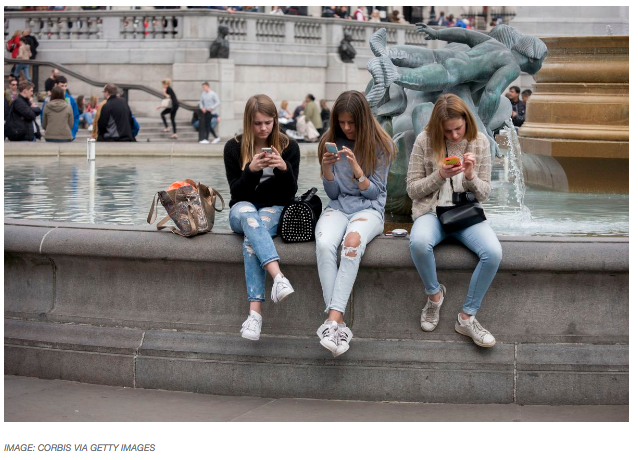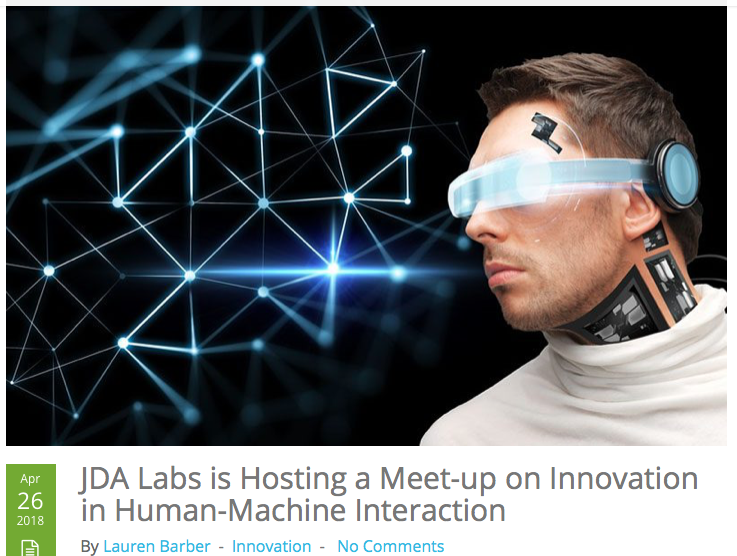(“The Future of Work: Four Generations Working At Once, Plus Machines” as published in Newco Shift Forum 2018)

To begin, I would highly recommend that you read the full article published at shift.newco.co (The Future of Work – Article). The article made me think again about past discussions that are still relevant today, almost 10 years since I first addressed this topic.
Quoting Liz Mathews (Dell Brand and Advertising): “Ageism is actually something we must address and put on the forefront because baby boomers are staying in the workforce longer. Millennials are making way for Gen Z. For the first time ever, we have four different generations in the workforce… [and] we must be prepared to interact with machines, no matter your age, your role, or your lifestyle.”
Talking about the new relationships that are starting to develop between humans and machines, Liz Matthews states: “… the future actually favors the young… the majority of leadership roles will be filled with digital natives. As human-machine partnerships grow, this won’t only be a workplace issue but potentially a societal issue… human-machines will work together as integrated teams within the next five years.”
In the language services industry, this human-machine partnership includes, of course, machine translation. But it does not stop there. All the developments in artificial intelligence and voice recognition will soon come together and offer commercially-viable solutions for the larger masses. Translator and interpreter roles will change (have already) to functions other than they used to be 50 years ago. As much as any other profession, we must change with the times to accommodate to our environment. Acquire the new tools, learn to use them, get familiar with their advantages and disadvantages, go through the learning curve (there is always a learning curve) as soon as possible.
Academia should have all these changes already inserted in their curriculum because the digital natives who will be working in the language services industry in 10 years will need skills different than the skills I acquired 40 years ago. That is a reality and we need to specify what those skills need to be, what the new work parameters are, what our marketplace will look like in a decade, which clients we will “loose” to technology and which new clients we will “gain” from it. How will our clients’ needs change as their needs to communicate with their international customers and staff change? How will we help our clients circumnavigate all these changes?
Translators, interpreters, LSP, and others in the language services industry: let’s ask ourselves how the changes happening in “relationships” are impacting us, directly and indirectly. As mentioned at nauseum in my posts, a tectonic shift has already occurred in our world, in term of our personal relationships and our professional environment. A shift in the way we humans communicate with each other. A shift in the way we understand the world (now known to be the physical world and the digital world, both “real” worlds). A shift in the way humans relate to inanimate objects and “intelligent machines” — to the point of “co-dependency” if we were talking about two humans in the relationship. It has already happened and it is part of the “real” world of a generation known as the “digital natives”(*) – who will most probably be the ones running our businesses in the coming decades.
(*) Digital natives are persons born after the prevalent use of “digital technology” and who as children have grown up using technology such as computers, mobile devices and the internet. For these individuals, their “online world” is an integral part of their identity. Their “native language” is not only English or French or even Swahili but rather a combination of a primary tongue with the language of computers, videos, video games, social media and all other digital media.
All the above said, those of us in the language services industry must become better prepared to respond to the communication needs of this new generation. Their expectations are much different from the expectations of, say, the Baby-Boomer generation. I am a baby boomer and our generation came of age in the 1960s (half a century ago!). Our means of communication, our culture, and our relationships expectations are totally different from those of Digital Natives. We see technology as a tool (many see it as a “negative” tool). The younger generations see the digital world as an extension of their physical being. They communicate with each other and among themselves in ways we might find offensive or un-natural (our bias). They connect at a pace, intensity, depth, and breadth that seems to be incomprehensible for the “slower” (older) generation.
As part of the “older” and “slower” generation, I believe we must start “listening” more to the needs of the future than trying to “hold on” to the ways of the past. Just saying.



